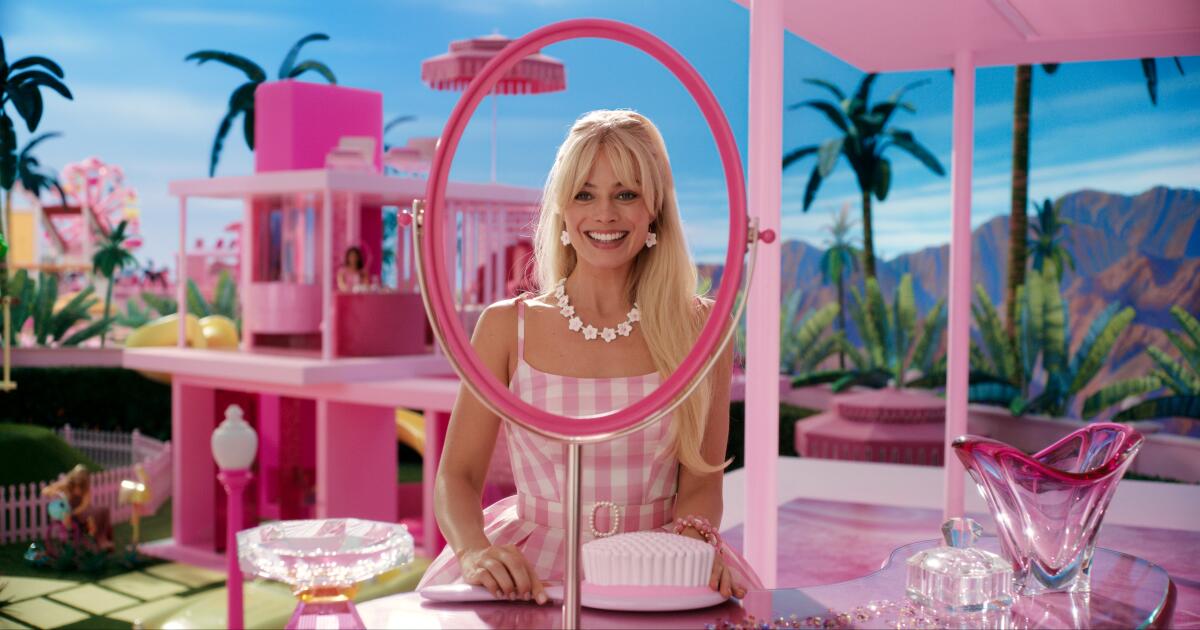If you want to download a whole show in one go, at the end of the subfolder name (exact positioning varies based on what view you're in, folder or list) is a little icon of 3 vertical dots. Click it and from there you should be able to select a "download" option.
View attachment 701204
I believe google drive portions out folder downloads in chunks no bigger than 2GB at a time, zips them up into a compressed folder and then downloads that to wherever your browser downloads go on your computer (the dedicated download folder or you have to specify or whatever. I don't know, I'm not you

) It will take a few seconds to compress the content into the requisite files and begin the download and then *boom* you've got the stuff on your computer. Open the compressed download files with Windows' innate ability to read zip files or with a program like WinZip or WinRAR if you have it and extract it and you will have a folder full of MP3 audio files of all the episodes that were available.
If you just want individual episodes or a few at a time, double-click the folder to open it up to its contents and from there you can pick and choose what to download, taking just a selection of episodes at a time.
From there it's just a matter of loading them into the player of your choice. You can copy them onto a device like your phone or an iPod/MP3 player, simply locate them in an audio player program/app like iTunes or Winamp, link them into your digital assistant/home audio system if it supports that (I don't have one, I don't know) or whatever you want.
If you don't have a player on your computer I recommend Winamp. It's free and historically has been pretty good for this sort of stuff.
Looking for the current version of Winamp? While we’re working hard on the new Winamp, we recommend downloading the latest desktop version here, as we guarantee it is safe for you to use.

www.winamp.com
If you're having any issues with making any of this work, let me know and I'll do my best to help
As for the files themselves, I have done my best to update their internal tags that would be used by most audio players and programs so that the will sort and display in a logically consistent way with appropriate information. Just to quickly run down how things
should be formatted (I may not have been totally consistent on this):
Show/series titles are listed as the "album". For shows that existed with multiple titles over the years, or were titled with the sponsor in the name and changed each time the sponsor changed I default to a general, all-encompassing name. Ditto for shows that had multiple distinct runs separated by months or years and possibly the network they were on.
The "artist" for a show is usually the star or stars and will change as the primary role is recast (for example any episodes of The Saint not featuring Vincent Price will be credited to the actor playing Simon Templar for that episode instead of Price)
The "album artist" is a complete listing of the radio networks that broadcast the series across it's time on air. The individual network at the time for an episode is listed as the "composer" (because iTunes at least separates albums by album artist even if the album title itself is identical)
The "disc number" field is used to separate broadcast runs or seasons that have breaks in between if they exist.
Track Numbers are, wherever possible, set based on actual broadcast episode #s. so you may find that you play a show where the track numbers go 1, 2, 4, 6, 23, 45, etc. This is because the 3rd, 5th, 7th-22nd, 24th-44th episodes are all missing and unavailable. This won't
always hold true though as some shows make it prohibitively difficult to source episode numbers.
The genre is always set to "Old Time Radio" to make the shows easily searchable in your library by genre.
Each album and episodes also have custom album art by me.

www.latimes.com


 ) It will take a few seconds to compress the content into the requisite files and begin the download and then *boom* you've got the stuff on your computer. Open the compressed download files with Windows' innate ability to read zip files or with a program like WinZip or WinRAR if you have it and extract it and you will have a folder full of MP3 audio files of all the episodes that were available.
) It will take a few seconds to compress the content into the requisite files and begin the download and then *boom* you've got the stuff on your computer. Open the compressed download files with Windows' innate ability to read zip files or with a program like WinZip or WinRAR if you have it and extract it and you will have a folder full of MP3 audio files of all the episodes that were available.






